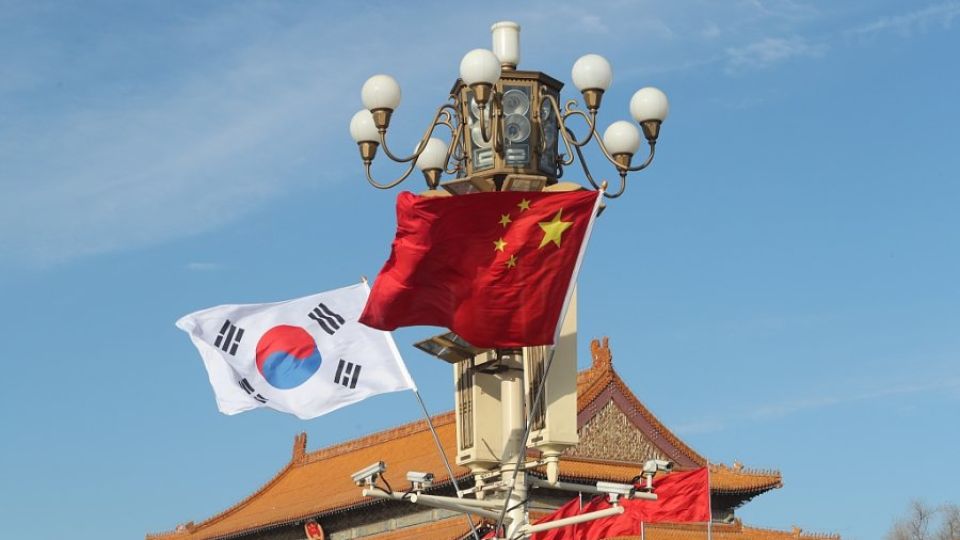January 4, 2023
BEIJING – Closer bilateral trade and economic relations between China and South Korea will benefit both countries and the rest of the world, especially as protectionism practised by some countries is jeopardizing global industrial and supply chains, experts said.
“China welcomes South Korean enterprises to increase their investment in China and expand industrial cooperation in fields like electronic information, automobile manufacturing, digital economy and green development, so as to take the complementary advantages between China and South Korea and their win-win cooperation to a higher level,” said Bi Jingquan, executive vice-chairman of the China Center for International Economic Exchanges.
Bi made the remarks at the opening ceremony of the recent third round of a dialogue involving entrepreneurs from the two countries and former high-level officials.
The two countries are expected to speed up the second phase of their free trade agreement or FTA negotiations, make good use of the opportunities brought by the Regional Comprehensive Economic Partnership agreement, which took effect on Jan 1 last year, and co-develop third-party markets, he said.
Through such efforts, the two countries can jointly ensure the safety and stability of the global industrial and supply chains, and inject new impetus into regional development and prosperity, he said.
China is South Korea’s largest export market and the largest source of imports as well. Official Customs data showed bilateral trade between China and South Korea exceeded $360 billion in 2021, or 72 times that of 1992, when the two countries established diplomatic relations. During a certain period, China was South Korea’s largest trading partner for 18 successive years.
Investment from South Korea in China increased more than 106 percent year-on-year during the first 10 months of 2022, according to the Ministry of Commerce.
Analysts said the two countries had benefited from their complementary trade relations in the past, and their strengthening industrial and supply chain coordination and cooperation, particularly in the semiconductor industry, will bring more opportunities for all.
China has reiterated on different occasions that it is willing to work with other countries to jointly ensure the safety and smooth operations of global industrial and supply chains and safeguard the international free trade system.
Yoo Il-ho, former deputy prime minister of South Korea, said while the COVID-19 pandemic destabilized the global industrial chain, some developed countries have been creating trade barriers under the guise of protecting high-end industries and technologies.
That, together with the increase in prices of energy and resources, and the worsening of climate change, have created new challenges for both China and South Korea. So, both countries should see each other in a more positive light, because they can benefit from each other’s development, he said in response to Bi’s remarks at the dialogue.
Facing disruptions from some countries on global coordination in the semiconductor industry, China and South Korea should pay attention to market needs and make decisions based on economic rather than political factors, in order to establish new focus, patterns and mechanisms for cooperation in the field, and to enhance the conditions for manufacturing and innovative services in the industry, said Zhou Mi, a senior researcher at the Chinese Academy of International Trade and Economic Cooperation, an affiliate with the Ministry of Commerce.
“As the Chinese economy transforms and upgrades, China and South Korea may have competition in some areas like shipbuilding, household electronics and mechanical and electrical products, but healthy competition is good for countries to enhance cross-border industrial and supply chain cooperation,” Zhou said.
“More importantly, as their industrial and supply chains further integrate under the free trade agreement arrangements, the two countries will be able to tap new growth opportunities and intensify cooperation on developing third-party markets.”
Yoo said as economic cooperation between China and South Korea matures, fair and fierce competition in various fields will be inevitable and ought to be expected. It is necessary for the two countries to cooperate based on their comparative advantages formed through competition, and achieve quality growth.


